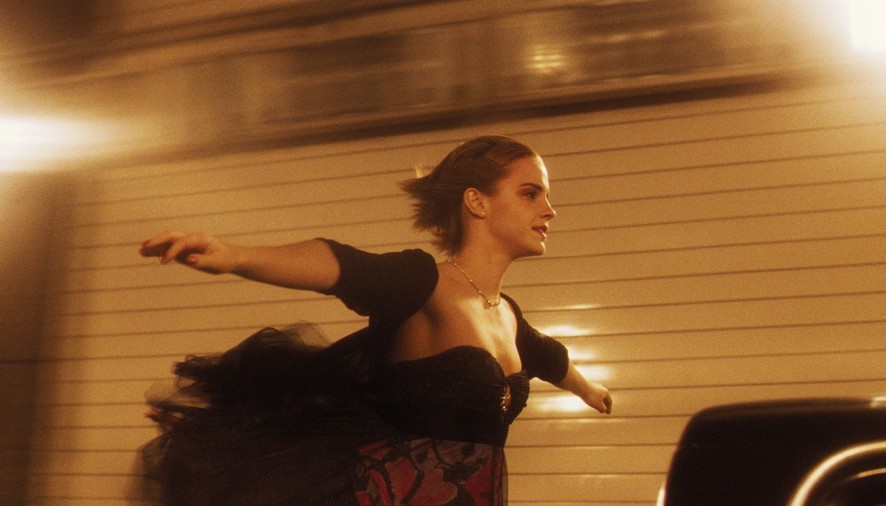Monday 10th October marked national mental health awareness day. Mental illness affects 1 in 4 people every year so it is important for this to be represented within the media. Unfortunately, Hollywood often perpetuates the myth that those suffering from mental illness are to be feared, which increases the already damaging stigma that these individuals are dangerous.
Not all is lost, however, as some film writers have not succumbed to the desire to sensationalise disorders for shock value, the following films are examples of the best and worst depictions of mental illness in film.
The Worst
Shutter Island (2010)
Without a doubt, Shutter Island is one of the most exceptionally executed psychological thrillers. We’re introduced to a U.S. Marshall named Teddy (Leonardo DiCaprio) who enters a prison with the intentions of uncovering the location of a missing inmate. It is later revealed that this narrative is actually a tragic story of psychosis, as the protagonist is a patient himself who has been incarcerated for the murder of his depressed wife. This movie has received criticism for the melodramatic misrepresentation of mental illness as it presents lobotomies as the only treatment option. With the ending line leaving us with the question of “Which is worse? To live as a monster, or die as a good man?” we’re ultimately reminded that mental illness is viewed as abnormal within society. Although, it is important to remember that this film is set in 1954 so does not reflect modern day psychology.
Silver Linings Playbook (2012)
This rom-com follows the relationship between Pat (Bradley Cooper) and his neighbour Tiffany (Jennifer Lawrence) as they both come to terms with their broken hearts. Pat suffers from bipolar disorder and moves back into his parent’s home following his recent stay in a mental institution. Tiffany is suggested to have some unnamed mental disorder but is shown to be extremely manipulative, yet this is romanticised within the film as part of a twisted love story. Silver Linings has received criticism for being anti-psychiatric as it shows Pat refusing his medication whilst in hospital, and despite the fact that his medication is absolutely necessary for his wellbeing, it is implied that we are supposed to root for this “admirable defiance”. In theory, the story had potential but fell into the trap of portraying the protagonist as a brute by associating bipolar disorder with violence.
The Best
Black Swan (2010)
Despite the film being a psychological thriller, Black Swan tastefully portrays the reality of trying to achieve ultimate perfection. The film follows the story of a dancer, Nina (Natalie Portman), as she loses her grasp on reality when becoming completely immersed in the lead role in Tchaikovsky’s “Swan Lake”. Nina begins to experience disturbing hallucinations and delusions, even viewing herself with webbed-feet and wings, during periods of psychosis. This film achieves its purpose of covering eating disorders and self-harm without romanticising them, but more importantly shows that mental illness doesn’t discriminate; as Nina (a privileged and talented young woman) can still suffer from ill mental health.
The Perks of being a Wallflower (2012)
This gem has been a box office hit and for all the right reasons. The Perks shares the story of Charlie (Logan Lerman), a teenager suffering from clinical depression, as he transitions from a mental health institution to a regular lifestyle as a high school student. One of the most powerful aspects of this story is the inclusion of female-on-male sexual abuse, a topic that is rarely discussed within media due to the damaging idea that men cannot be victims of sexual assault. The Perks of being a Wallflower also crushes the stereotype that mentally ill people never get better, but does so without showing some miraculous cure to depression. Instead, this movie highlights the importance of psychiatric care as Charlie’s recovery process is greatly influenced by the professional help he receives.
Adina Rees
Image courtesy of Summit Entertainment

